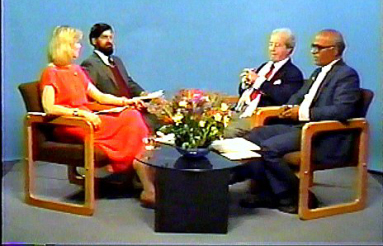
Embrace Foundation Retreat Center
Embrace.Foundation (skype messaging) - 011+1+212.675.4500 (New York)
Click to Email Us
Traveling in India
TRAVELING IN INDIA -2013
Language Help
The first issue most travelers going to India need to understand is that the majority of Indians do not speak English; some
speak only their state language and do not speak even their national language of Hindi. Many signs and numerous news
publications are written in English.
However, if you speak English, and need help in English you can always go into a pharmacy and ask a pharmacist to help
you. If you are in Delhi or a large city, just about everyone who frequents the coffee houses; Café Coffee Day, Barista and
some other attractive new café chains speak English. This is also where you will meet people who own computers, for as
brilliant as Indian’s computer wizzes are, only a tiny fraction of people in India own computers. Generally, you will find that
younger Tibetans raised in India speak not only Tibetan but also Hindi and very good English..
For those speaking Arabic, although most Muslims on the Indian subcontinent (including Afghanistan) speak and read Urdu
or Farsi, there is usually an Imam in the larger mosques who reads and speaks Arabic. (We noted not few television shows
in the Gulf, Syria and Lebanon featuring India.)
Of course, there is only one place for French speakers and that is Pondicherry, on the East Coast. On the other hand, living
Saints having an international following, such as Ammachi (Mata Amritanandamayee) have many people at their ashrams
or monasteries that speak languages from around the world. Dharmsala (McCloud Ganj) where H.H. The Dalai Lama
resides, has many Tibetans who speak English and many, many foreigners who speak dozens of languages
Telephones
If you come from just about any country except the U.S. or in some cases Britain, you can easily and cheaply put an Indian
pre-paid sim card into your phone. If you are from the two most backward countries in the worldwide telecommunications
industry, then you can purchase an Indian phone cheaply.
Often to purchase a sim card, you need to register. If you have to register, you are often required to wait anywhere from a
few days to a week before it activates. In reality, there are legal ways you can purchase a card which can be used
immediately. Nowadays, it is possible to keep your Indian telephone number/pre-paid sim card unused for extended periods
of time and return to India and begin using it again. The length of time varies with carriers, so check on this when buying
one. Mobile phones, pre-paid sim cards and phone calls are very reasonable.
Computer Help & Internet
Those people who own internet cafes are usually quite savvy about computer, internet and wireless issues. Using
computers at internet cafes is easy and inexpensive and of course saves you the trouble of carrying a computer around.
Since so few people, (percentage wise of the Indian population), have computers (something we hope changes soon) there
are internet cafes everywhere.
The small business people in India selling computers, repairing them or selling accessories (modems) are almost always
kind and willing to give you advice or help if you need it, although depending where you are, language could present a
barrier.
Now the great news about internet in India is that Micromax an Indian company, is selling a 3G Network, 7.2MB modem that
can operate on any company sim card throughout India and around the world. This modem is a real blessing for people
traveling to numerous Indian states, as Tata’s sim card can be used in Tamil Nadu but not in Delhi and so it goes. As you
can see, you might need to change sim cards somewhere along the line as you travel. This is not an expensive proposition
as you buy the amount of data you think you will use until you arrive at your out of state destination. And once again, pre-
paid sim cards are very reasonable and can almost always be bought within a block or two of your location.
There are reasons one might want to start out on one brand of sim card rather than another, such as the amount of GBs,
but usually the most pressing issue is the time it takes to get it started up or the number of states it operates in. Airtel is one
carrier that has wide coverage across India. If you have an Indian sim card in your mobile phone with a fair amount of data
capacity, you can move the sim card from your phone and put it in your computer modem.
Indian companies work quickly, so perhaps by the time you read this, they will have an even faster modem and as they
were advertising fiercely on television, perhaps the price which was extremely reasonable has also dropped.
Indians have good reason to be proud of their computer industry as they are way ahead of the game in understanding the
needs of their customers where the majority of people are far from wealthy. - If only the American and British
telecommunications industry were as intelligent. The majority of this industry still think they can extort money from
customers charging exorbitant rates and insisting on long term contracts while their populations get poorer and poorer. The
Indian computer industry, however, has wisely grasped the McDonald’s ideal of “sell it cheap and sell a lot.”
Transportation
India has a serious population problem. (Even Catholic grammar school teachers in Tamil Nadu told us that they hoped the
government would implement a family planning program.)
This means getting on any form of public transportation is always difficult. You can purchase a first class sleeper on a train
and end up with people invading your space to play cards all night while sitting on your cabin floor. As per capita, India has
perhaps one authority figure of any kind for every 5,000 people perhaps 10,000 and it is fairly unlikely you will see one on any
train you take, except to punch your ticket. Many visitors to India are absolutely fascinated at observing how India functions
with the absence of rules, laws and little government involvement. (David Koch take note.) Families even in the most
expensive train cars spread across halls as though it is their living room with baggage, children and blankets strewn about.
Some trains and some particular classes work fairly well but it can be a toss-up. The upside is that Indian families generally
love foreigners and will include you in the labyrinth workings of their family triumphs and tribulations, but mostly their hopes
for their children or grandchildren, just as though you were one of them. You are lucky to be so considered, it is a privilege.
They also almost always want to share their food with you.
Local buses everywhere are almost always jam packed and most are decrepit, with windows either permanently open or
permanently shut, usually peeling, torn and /or rusty. Most buses have probably never been washed in their lifetime. Almost
all of them are built with seats for people the size of an average healthy 10 year old, but it is unlikely you will have much time
sitting anyway. The surprising thing is that, amongst all this, people will often get up and offer you a foreigner their seat, or
even more likely an elder gentleman or woman will chide a younger person totally unknown to them, to give you their seat.
There are long distance buses that are private but this is usually of little help, as to supplement their income, bus drivers
and conductors pick up passengers along the way, letting them stand, sit or squat in the aisle next to you, so even if you
have paid a fair price for your particular seat you are not likely to arrive on time or to be comfortable. We don’t have an
upside for this, buses are a major grievance of ours.
There is Good News
India has a wide array of domestic airlines flying to just about every city in the country for usually a reasonable cost. The
planes have high standards, are generally prompt in take-off, well-run and arrive on time, however, you may find you miss
the lack of curiosity that you generate on the more difficult forms of transport.
Noise Pollution
We are of the belief that amplifiers and speakers larger than a fist, should never, ever be sold in India. The two worst
offenders of noise pollution are surprisingly not politicians, although they create their own version of noise, it is temples and
the almost never-ending round of weddings. The decimal level quadruples what is necessary to create deafness, and
definitely keep in mind you are not going to get any sleep if either a festival or a wedding is going on anywhere within blocks
of your hotel.
There are no laws in India with regard to “Disturbing the Peace” and even if there were, there would be no authority to
enforce it. (Yes, David, my old friend, this is the country for you.)
Why Go To India
India is the birthplace of four religions; Hinduism, Buddhism, Jainism and Sikhism. In addition India has some of the greatest
marvels of Islamic architecture including the Taj Mahal. The archaeological marvels that these traditions have left behind
over thousands of years are beyond compare. Nowhere else on the planet is there such a wealth of diverse architectural
beauty representing so many religions or spiritual beliefs, nor is there such a massive population consumed with the
question “What is the meaning of Life?”
The following “After-Logue” is for:
All of India’s Idealistic, Unbelievably Patient, Hard Working Citizens & Those Indians in the Worldwide Diaspora
AFTER-LOGUE TO TRAVELING IN INDIA
REVIEWING INDIA FROM A DISTANCE
The following are observations made by the Embrace Founders, one who is an Indian citizen and the other who has loved
India and has frequently traveled there for the past 30 years.
In frustration, after this most recent trip, we are noting many of the areas that India leaders and potential leaders on all levels
are failing their people.
There is a growing class of highly educated, talented, creative, well-informed and financially stable citizens that have the
power to take community leadership positions and radically change the issues we speak about. The time is Now that Indian
citizens must consider their country, state and neighborhood with the same sense of urgency that they consider their own
family.
The Indian Psyche - (An Observation)
The nature of the Indian people ancient or modern is one of sophisticated abstract thinking. Indians were at the world’s
forefront in asking and seeking answers to the most complex philosophical questions a thousand years before Western
philosophers even began to grapple with many of the same issues. Indians have also been among the worlds’ greatest
mathematicians - (keeping in mind geniuses such as Ramanujam.) It is not surprising therefore, that the Indian mind has
excelled at computer sciences. This being said, the Indian psyche in general, does not like to trouble itself about the
physical world all that much.
For Instance . . .
For instance, in a country that has a space program and has developed the atomic bomb, Indians still construct buildings
with bamboo scaffolding. People still break their backs hoeing and shoveling with the most primitive hoes and shovels
known to modern civilization. Work women and men carry mixed cement on their heads up stairs to construct buildings
even in Connaught Circle, Delhi.
Our Question
If India’s financial moguls; Tata, Birla and Mahindra, etc. can build multi-trillion rupee empires, why can’t they invest in
simple tool companies and up-to-date construction equipment such as: cement mixers, metal scaffolding and bulldozers?
Why can’t the financiers of Mumbai invest in bus, train and metro transport systems that can comfortably accommodate the
non-stop increase in population? Why not build engineering companies that can install municipal sewer systems and
garbage collection in trucks in conjunction with community volunteers, (if tax money or bond issues are not accessible?)
Where are the profitable recycling centers?
Indians & Organization
After years of traveling throughout India; East, West, North and South we have come to the conclusion that the Indian
psyche also rebels strongly against most forms of organization, which no doubt is why Indians are so innovative regarding
just about any issue requiring abstract thought.
However, this is not much of a solace for either citizens or travelers who find that there is no such thing as a queue (or line)
in most of India. For anyone attempting to get on a bus, train, into a temple or see a bank teller, it is usually a quick stripping
away of any false dignity. In fairness to the Delhi Metro they have tried with considerable success to re-educate the Indian
citizen about boarding the trains. . . Can’t our Government, Banks and Businesses use signs to teach Indians to be fair -
First Come, First Served -Give Preference to the Disabled (?)
Leadership - Repair, Recycle!
After so many years of exposure to Westerners and Russians, is it not possible for someone in India to organize and
franchise licensed labor guilds that can train apprentices as; electricians, plumbers, carpenters, masons and painters who
can correctly repair something rather than letting every building and anything that breaks down fall into ruin?
The widespread burning of plastic bags, plastic bottles and an especially toxic coal is creating a deadly pollution in several
states, but the worst without exception, is in Bodhgaya and Bihar in general. Monks and tourists from around the wold visit
Bodhgaya either arriving with face masks to filter the pollution, or soon buying one after a day or two. Many tourists contract
extreme respiratory infections and hacking coughs just from short exposure to the pollution in this pilgrimage place sacred
to so many around the world.
Instead of burning plastic bags, is it not possible to finely shred and steam clean them, then use them for mattress stuffing
for both humans - and domestic pets (which then could be exported.) Shredded bags could also be used for insulation and
sound-proofing purposes in construction.
The Wonderful Delhi Metro
The Delhi Metro System is a shining example of what India can accomplish when it puts its mind to it. The system is so
advanced, that we have never been on such a massive, swift, clean, inexpensive and easily used subway anywhere else in
the world. The metro has taken thousands of polluting vehicles off of Delhi streets and has made transportation to just about
any corner of Delhi swift, cheap and clean.
Health Education through Public Service Ads - Advertising Execs. Take Note
Once again, on this trip, we have begun to see an increase in lepers begging on the streets. We had not seen many for a
considerable number of years; although the Embrace Founders are well aware of institutions which care for lepers in
private quarters, such as the one run by the Divine Life Ashram in Hrishikish.
The prospect of increasingly new victims contracting this preventable disease is horrifying. On this trip, we have also seen
children walk barefoot through open sewage. Basic safe hygiene is unknown among too many of Indians poorest citizens.
The youngest of these citizens are most often the ones who are hired to work in restaurant kitchens and act as waiters.
There is a desperate need for a massive educational public service campaign to be broadcast throughout all state television
and radio stations, repeatedly and in the print media with instruction on correct personal hygiene. In addition, there needs to
be instruction on special hygiene and sanitation for work in kitchens and restaurants. Furthermore, there needs to be cheap
access to soap, disinfectants, mops and clean water. No doubt a few of India’s many television “soap” opera plots could
incorporate the issue in an episode or two.
Although, safe hygiene and sanitation needs to be taught in schools, many of the poorest children, such as those in Tamil
Nadu, do not go to school; nor can they read or understand the national language of Hindi because some of India’s state
governments seem determined on keeping their citizens poor by not enforcing it. It is common in such states, that only
those children coming from families who are intent on having their children go to college or getting a federal job, learn Hindi.
That means hygiene programs need to be developed in numerous state languages.
Good Citizens of India - Friends
India’s philosophers, saints and sacred places; whether Buddhist, Hindu, Islamic, Jain, Sikh or Zoroastrian draw people
from all over the world to India. The citizens of Indian should give these visitors a vision of their country matching the
idealism which brings so many here.
Embrace Foundation is a non-profit,
educational foundation set up to create
better understanding between people of
different religions, cultures, traditions and
world philosophies.
Embrace Foundation works to bring leaders
and scholars of world-wide religions,
cultures and philosophies together by
sponsoring forums, seminars, lectures and
developing an international exchange
program. Embrace Foundation is particularly
concerned with reaching the world public
through the media.
Purpose

Donations
Embrace Foundation is an all volunteer
organization. All donations go directly to
programs.
Embrace Foundation does not and has
never given permission to any outside
organization to solicit or receive
contributions on our behalf.
All donations should be made to Embrace
Foundation only via Paypal or by mail. All
donations are tax deductible. A receipt will
be emailed to you. Please click on the Pay
Pal link below to Donate.
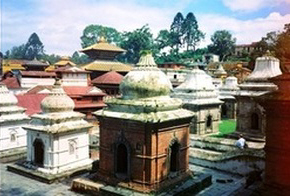
Travel As An Interfaith Act
Embrace encourages all who can do so, to
learn about other traditions and cultures by
traveling as “Grassroots Diplomats.” We
hope that people every where become life
long students of our world-wide humanity.
“ In every man there is something wherein I
may learn of him, and in that I am his pupil.”
R.W.Emerson
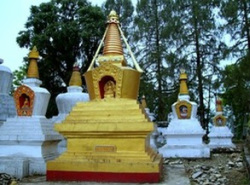

Embrace Humanity
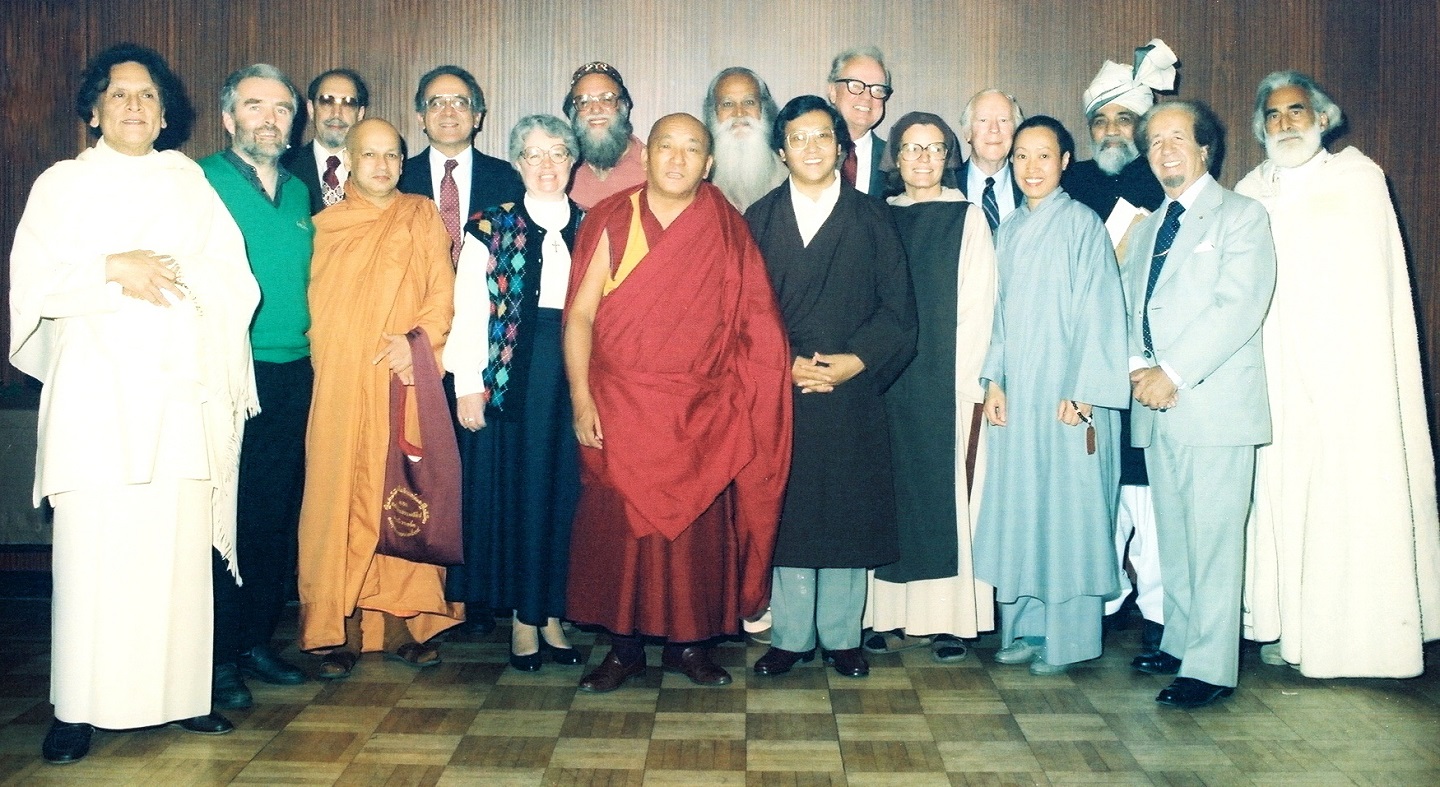
Great Visions - TV
Guests are: Swami Satchidananda &
the Rt. Reverend Dean Parks Morton
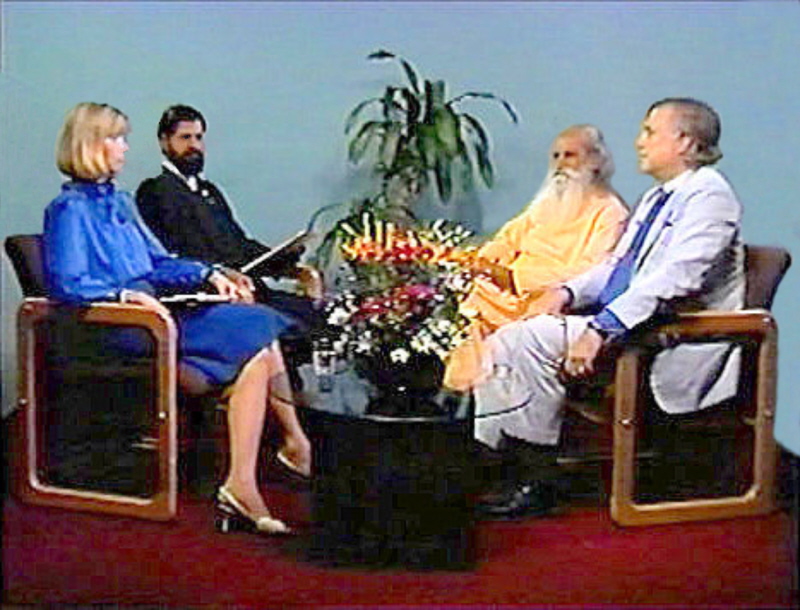
Embrace Archives
Limited Editions Gallery
Umrah - Jordan
Embrace Sacred Places
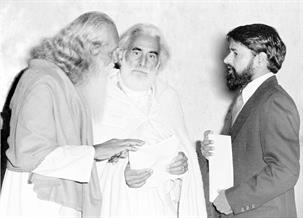
Monastery of Bahira - Syria
Embrace Foundation Universal
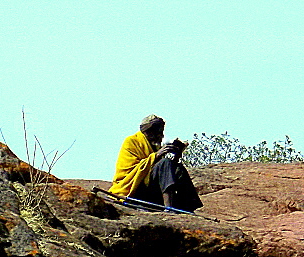
Monk Reading - Ethiopia
Thank you for making a donation.
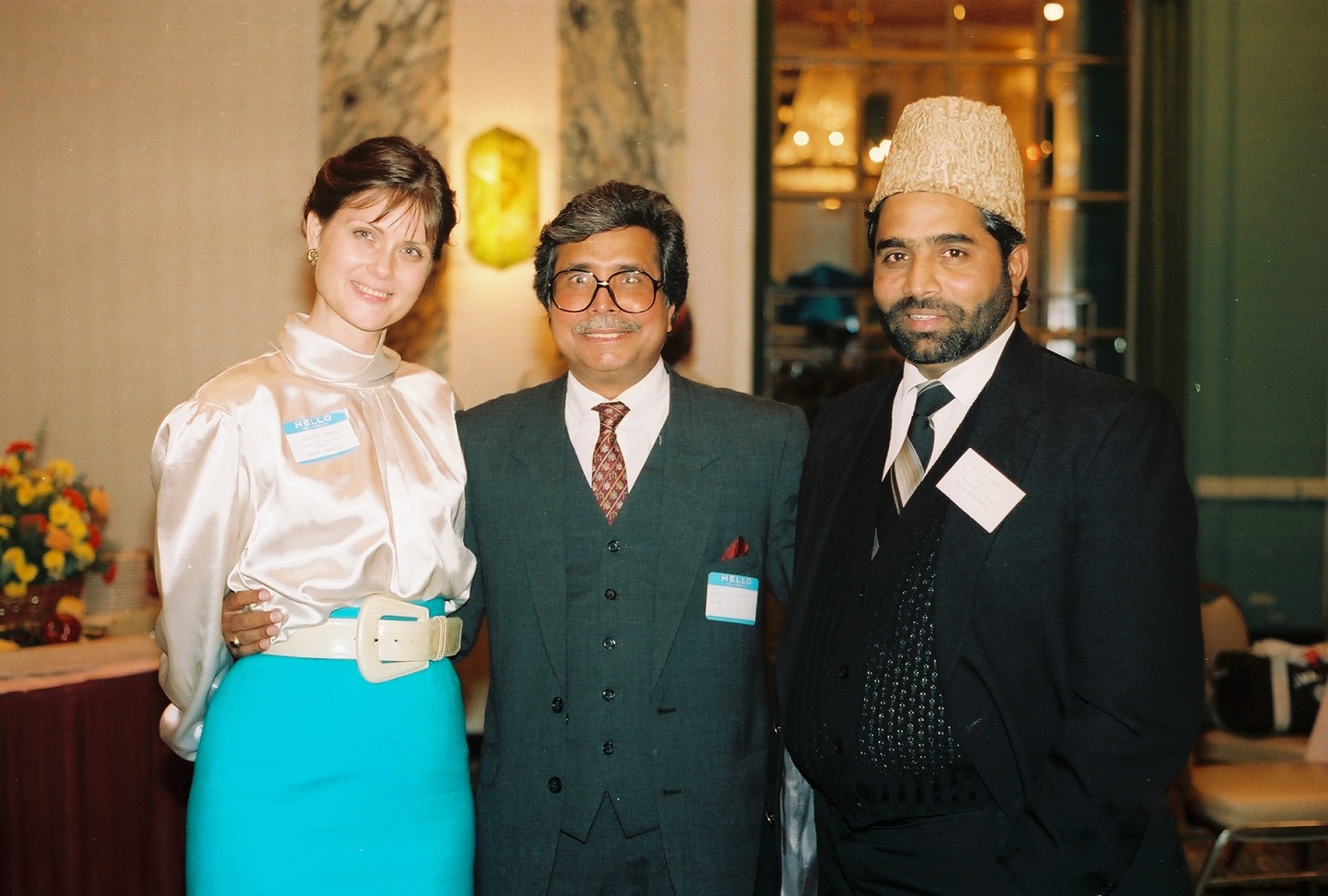
Virginia (Embrace), Dr.Anwar Barkat (World Council of Churches, UN) & Imam I.H. Kauser
Embrace Archives
Great Visions TV
Anne-Stuart & Ajata (Hosts), with Rabbi Gelberman & Dr.Jayaraman
Anne-Stuart & Ajata (Hosts), with Rabbi Carlebach & Imam Kauser
Embrace Foundation International
- Great Visions TV
- Inspirations
- Media
- Possibilities
- Astrophysics, Quantum Physics & The Nature of Reality
- Deconstructing Nuclear Fission & Nuclear Waste
- Defense Industry as Community Builders
- Defense Industry As Energy Providers
- Global Water Shortages
- Innovative Technology
- Intelligent Communities & Development
- Pentagon & Non-Western Nations
- Recreating
- Resource Based Population
- Sharing Community Resources
- Protecting Human Rights
- Spiritual Ecology
- Syria
- Write to Us

